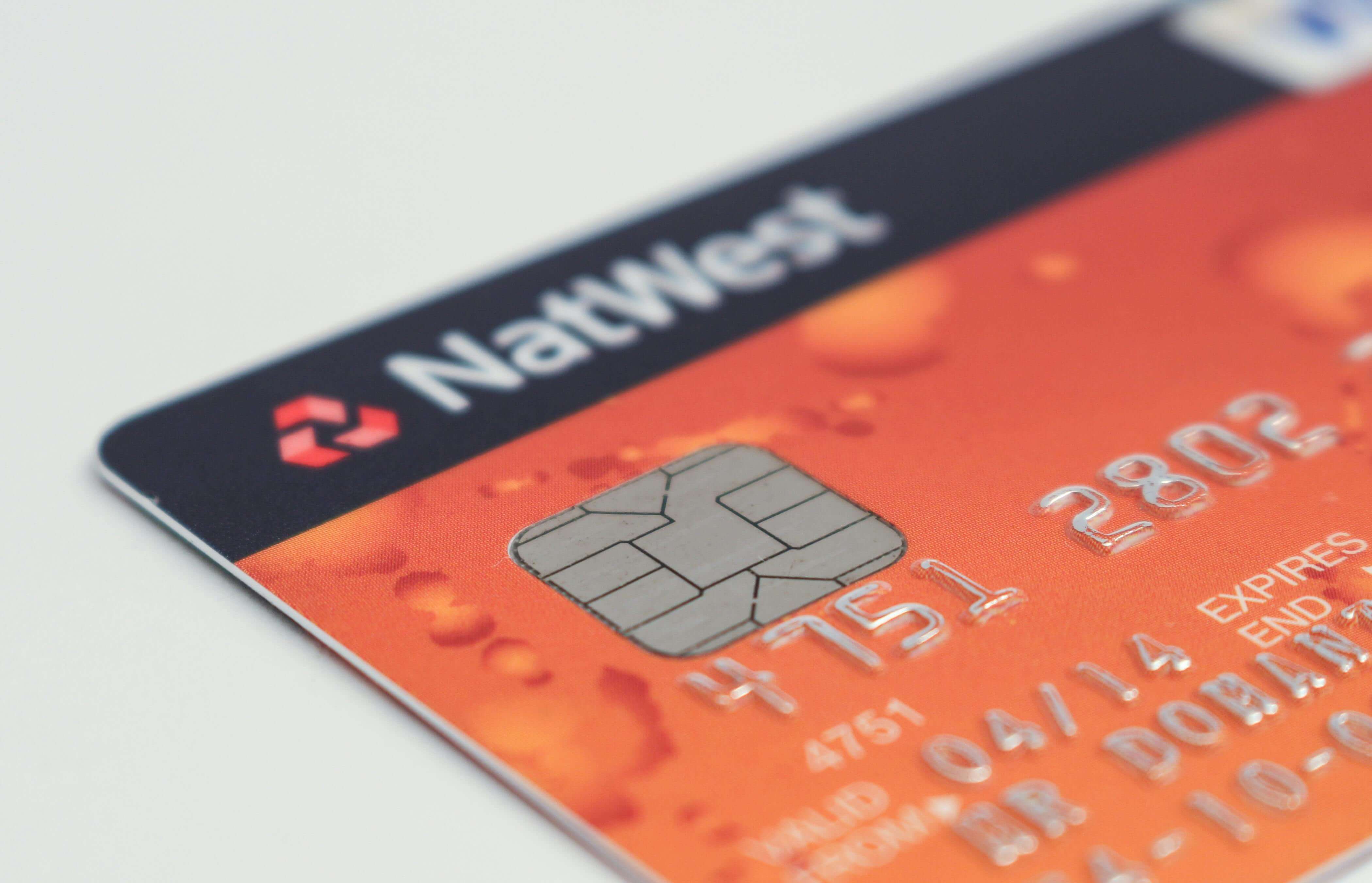Equipment Loans for Reducing Production Bottlenecks Production bottlenecks are among the most expens...

Lorem ipsum dolor sit amet, consectetur adipiscing elit.

Equipment Loans for Reducing Production Bottlenecks Production bottlenecks are among the most expens...

Using a Business Loan to Add New Customer Services Expanding your company’s offerings with a busines...

How a Business Line of Credit for Renovations Supports Multi-Phase Projects A business line of credi...

Equipment Financing for Upgrading Outdated Tools: A Strategic Guide for Growing Businesses Outdated ...

Production Pipeline Financing: How Loans Can Streamline and Scale Your Operations Production pipelin...

Using a Business Line of Credit to Manage Supplier Price Increases Rising supplier costs are squeezi...

Equipment Financing for Building a More Efficient Workflow Equipment financing has become one of the...

How a Business Loan Helps You Expand Your Inventory Capacity An inventory financing loan can be the ...

Equipment Financing for Cross-Training Teams with New Equipment Cross-training teams with new equipm...

Working Capital Loans for Product Sampling Roadshows Working capital loans for product sampling road...

Equipment Loans for Ambient Experience Installations Equipment loans for ambient experience installa...

Credit Lines for Managing Refund and Return Surges: A Strategic Guide for Cash Flow Stability Credit...
Lorem ipsum dolor sit amet, consectetur adipiscing elit, sed do eiusmod tempor incididunt ut labore et dolore magna aliqua.